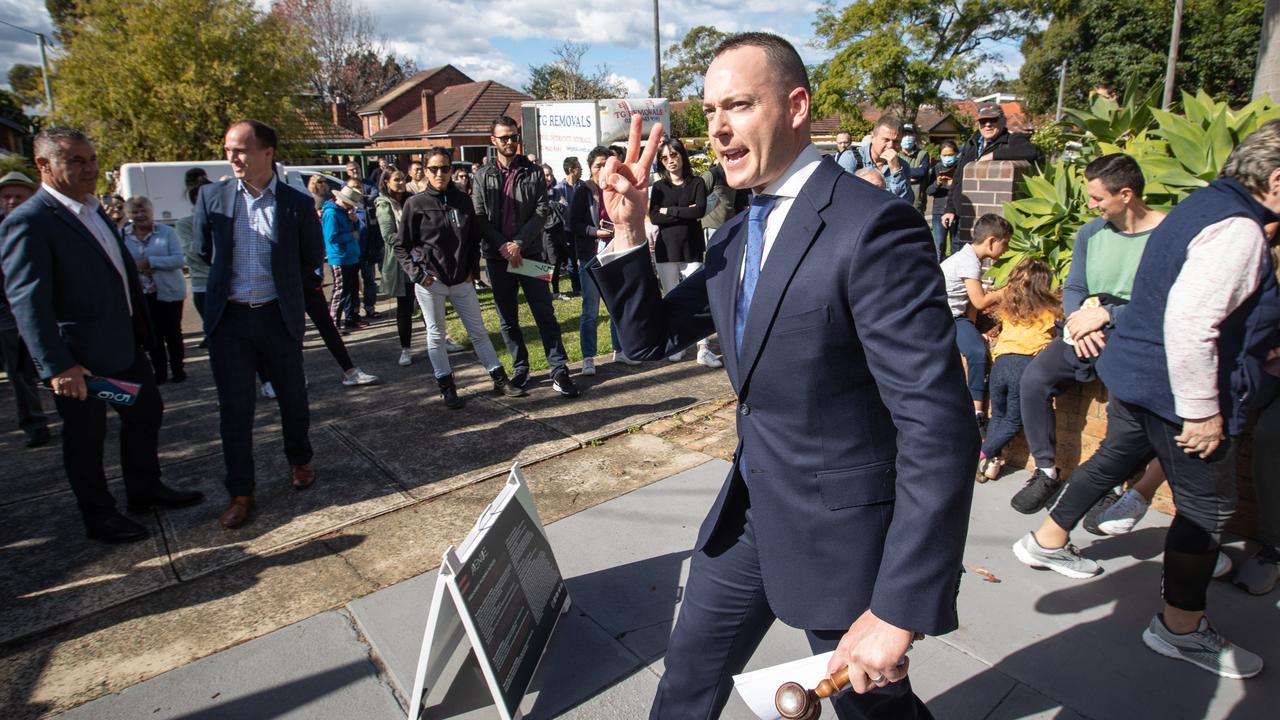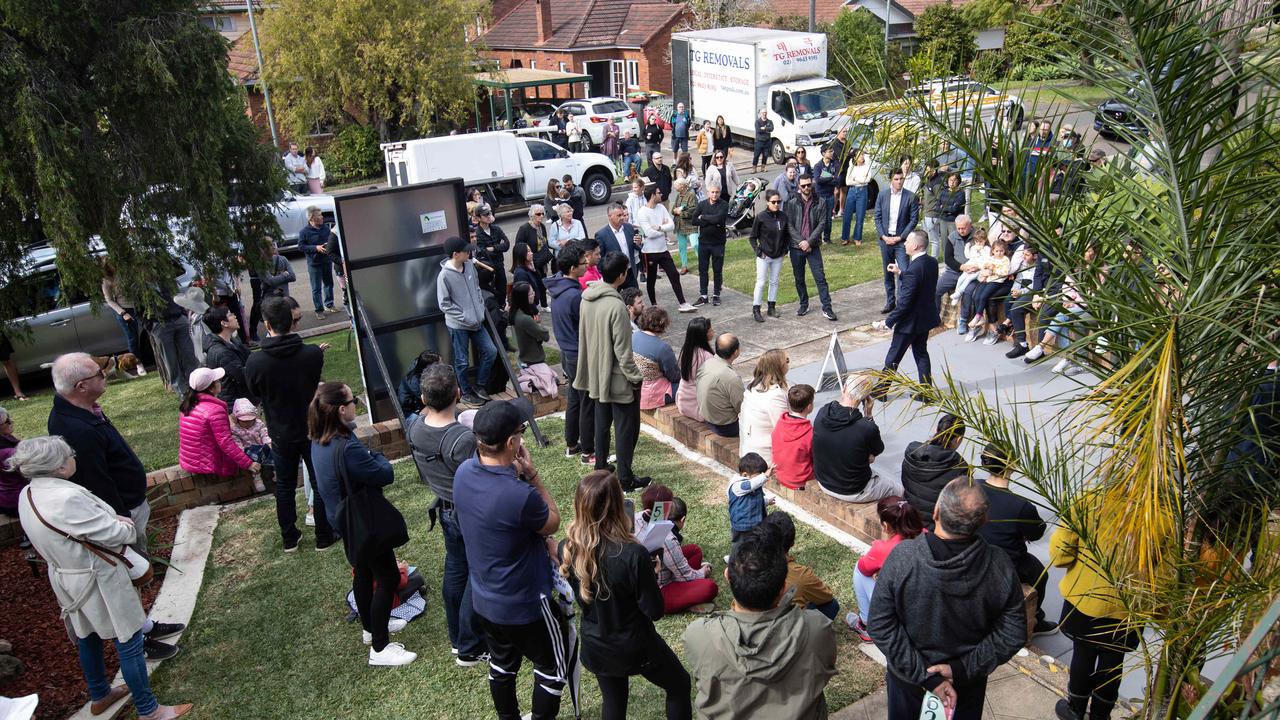Why it’s a good time to buy a property despite huge price increases
Many people are feeling desperate as property prices continue to soar – but getting into the market is still possible, an expert says.
Housing prices are rising at the fastest rate in 30 years and many people are wondering whether it’s a good time to buy.
Lloyd Edge, director of buyers agency Aus Property Professionals, said it was definitely a seller’s market at the moment and this made it harder for investors for find the right type of property, while homebuyers were faced with having to pay more.
Some experts believe prices will increase 17 per cent this year and March figures already show prices rising at the fastest rate in over 32 years.
But Mr Edge believes people can still find a property if they know their budget and understand what the market is doing.
“I don’t ever advocate waiting, I don’t think anyone ever got ahead waiting,” Mr Edge told news.com.au.
While people often sat on the sidelines in anticipation of a property crash, Mr Edge said this had not ever happened in Australia’s history and people were not going to find prices 20 per cent lower next year.
“The boom might stop but it won’t go backwards,” he said. “It will likely be more expensive next year.”
Mr Edge said if someone had their finance in order, it was the right time to jump in.
“A lot of people thought property would crash (because of the COVID-19 pandemic) and they didn’t buy. A lot of people are regretting that now,” he said.
He said desperate people were now coming to his buyers agency to ask for help after not buying last year because properties were now out of their budget.
“Certain economists were forecasting large falls in property prices and people listened to that, now everyone has FOMO (Fear of Missing Out) and (are) trying to get in the market, and it’s stressing everyone out.”
RELATED: Price growth in regional areas double that in capital cities

Mr Edge believes that one of the reasons why prices keep growing is because people can’t travel so they are saving money and putting this into real estate. Low interest rates are also fuelling the price increases.
However, prices are still being driven by homebuyers as only 23 per cent of loans were being taken out by investors. He said it was unlikely the Australian Prudential Regulation Authority (APRA) would intervene and ask banks to cap their lending, unless investors made up 30 per cent.
This is one reason why he believes prices will continue to increase in the near future.
Despite the rising prices, Mr Edge said he tried to discourage people from rushing into the market as it was still important to find the right property at the right price.
The important thing was to understand what they could get for their budget.
“You need to understand the market and add an additional 20 per cent on the auction price guide — and even then some are selling above that,” he said.
“If someone’s got pre-approval for $800,000, that doesn’t mean you should be looking at properties with a price guide of $800,000 because they may sell at auction for over a million.
“You need to manage your expectations. You may want the house of your dreams but you may only be able to afford a unit. Or the expectations of what suburb you can get into.
“Some people have been missing out for months or years (because of this) but I can get them in a property sooner as I manage their expectations about what they can afford for their budget.”
RELATED: How first homebuyer policies will impact the market

Mr Edge said property prices were increasing almost every week at the moment.
“You need to be across that,” he said.
“There are definitely opportunities there but you need to get on the front foot and contact agents in the area and get opportunities before they hit the market.”
First home buyers who are struggling to find a property could also consider rentvesting, where they continue to rent in an area they want to live, and then buy an investment property in another state or a regional area that’s more affordable.
“The idea is that you might use the property as leverage to get into a home a bit later on,” he said.
He said $700,000 could still buy you a house in capital cities like Adelaide, Perth and Hobart, and possibly Brisbane although it has seen a lot of price growth recently. In Melbourne and Sydney you were looking at a cheap unit or a villa in the suburbs.
“$700,000 doesn’t get you very far,” he said.
“You might want to live in the city or near the beach but may only be able to afford to buy in the western suburbs.”
However, Mr Edge believes there has been a slight easing in demand in the last couple of weeks with more vendors taking offers ahead of auction, so it may become a little easier for aspiring homebuyers.
charis.chang@news.com.au | @charischang2
Originally published as Why it’s a good time to buy a property despite huge price increases



